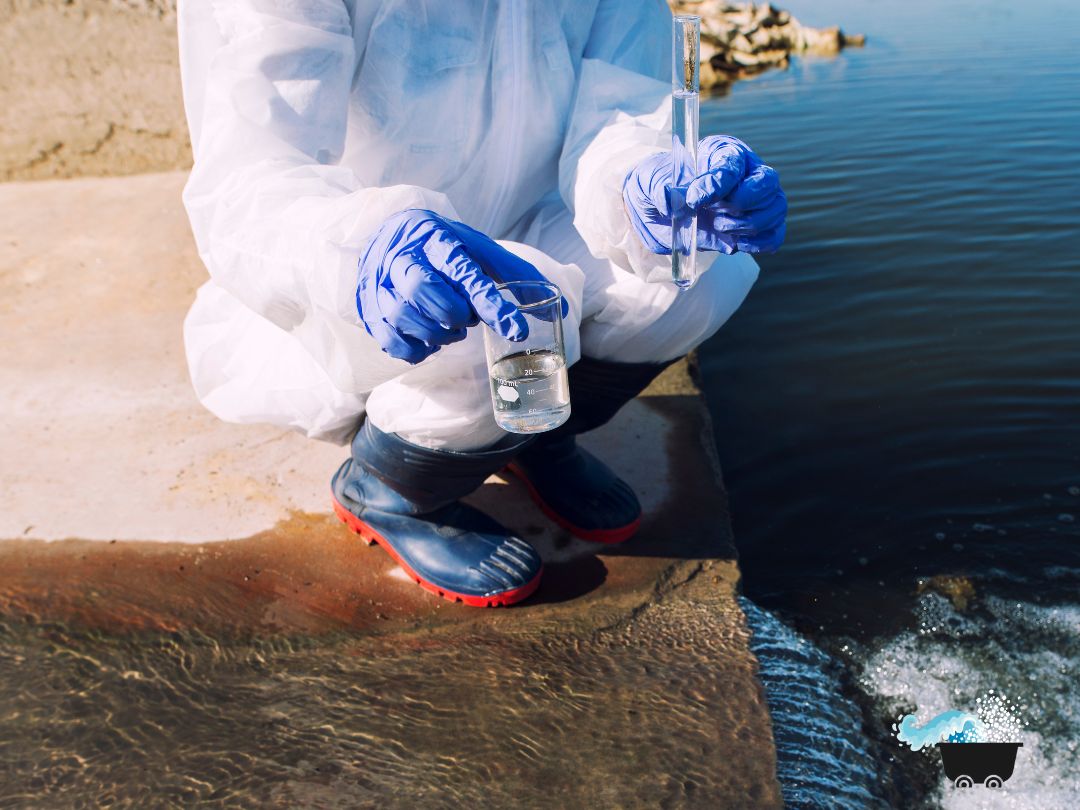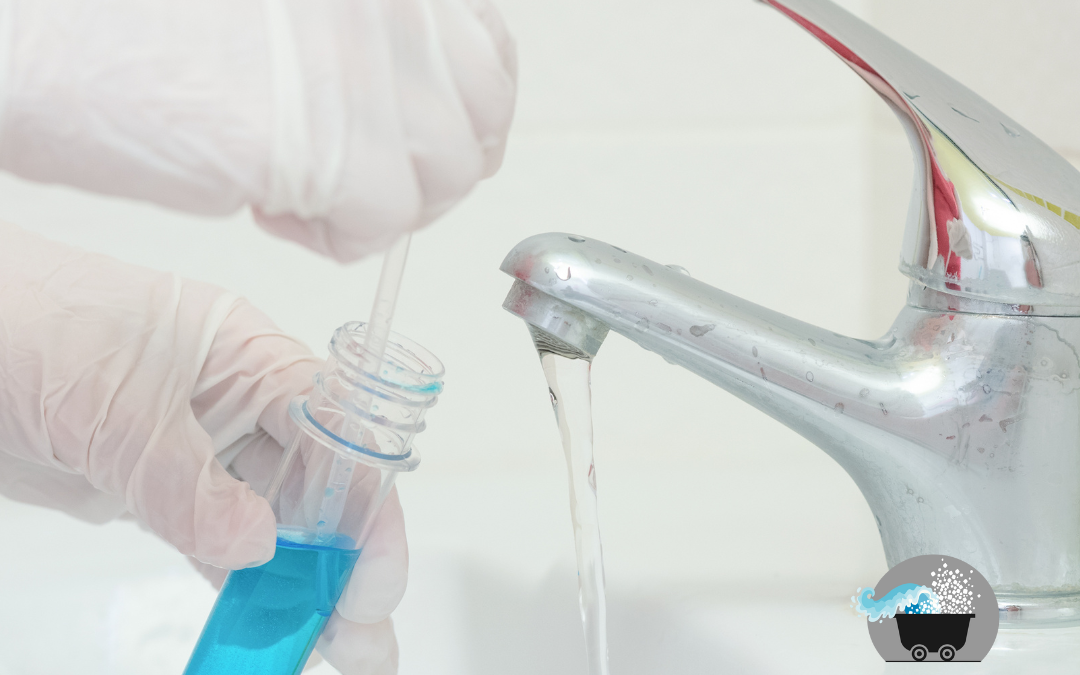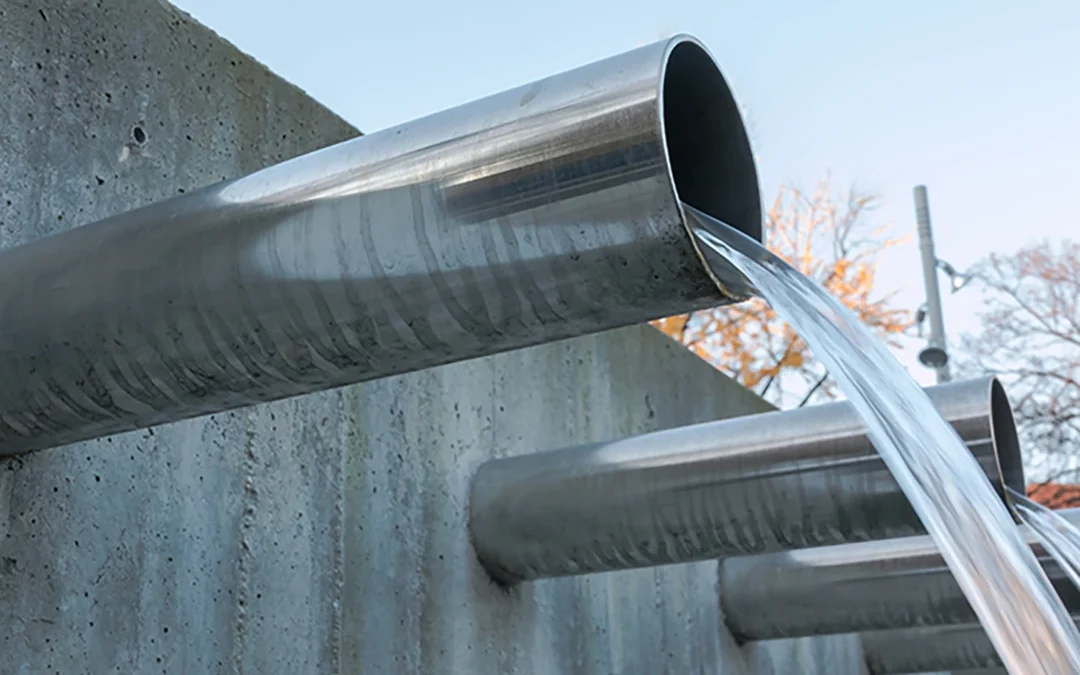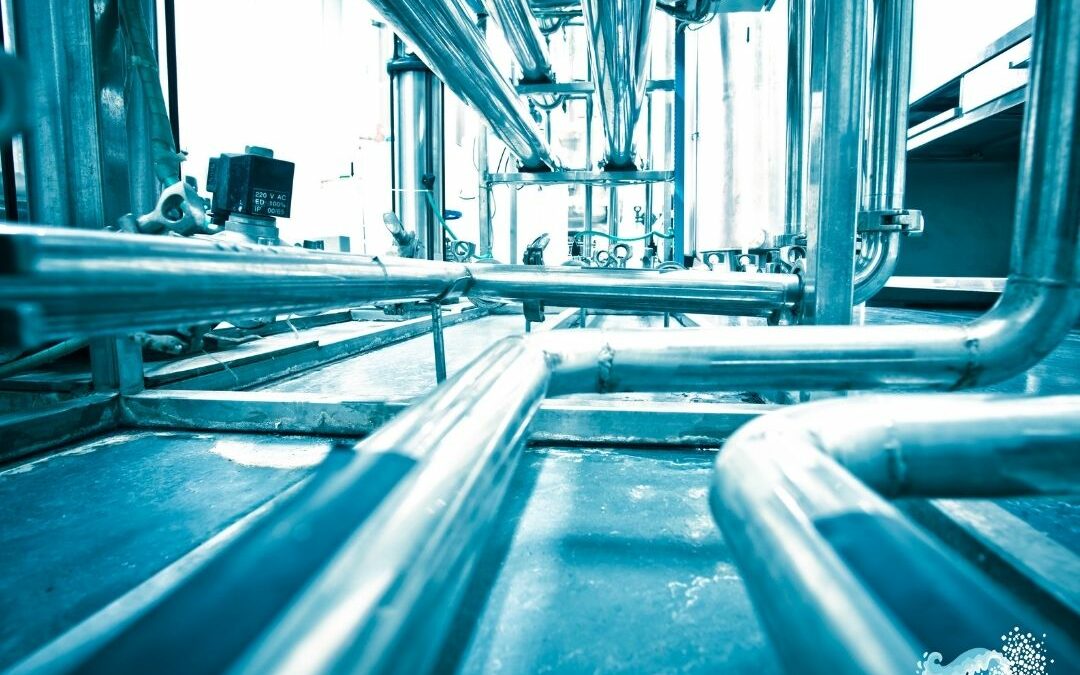Our favorite time of the year is here – it’s finally National Water Quality Month. As summer comes to a close, it’s a great time to think about how we can contribute to improved water quality in our own communities. When we talk about clean water, we often focus on where the water comes from. Maybe an aquifer, a well, a river, or a lake. But knowing where that water goes afterward is just as important! National Water Quality Month is dedicated to protecting our remaining sources of fresh water by emphasizing the impact that water quality has on our individual health, our shared communities, and the changing needs of our environment.
Do you know where your drain leads?
Know the INs and OUTs of Your Water
When we “waste” water, what actually happens to it? We may think that our individual choices have little influence on current water shortages and pollution issues. Still, we do things each day that can have a negative effect on the quality of local water sources. Pet waste, lawn care products, car care products, cleaning products, antibacterial soap, water softener discharge, and even many personal care products, when not disposed of properly, can pose a threat to both our health and the environment.
Since clean water is a non-renewable resource, it’s important for us to identify the ways that we are contributing to water pollution. There are four main sources of freshwater pollution:
- Industrial runoff from factories pollutes local water sources.
- Agricultural runoff from farms causes algae growth and kills marine life.
- Household products and lawn care can contaminate local water sources.
- Waste leakage into groundwater or surface water can affect the water supply. Although this mainly applies to developing countries, this can also include wastewater treatment plant effluent, stormwater runoff, sewage discharged from boats, and runoff from agriculture areas – all of which affect our national water quality.
Knowing that our water isn’t just going down the drain can be an adjustment for some. But knowing where our water is going allows us to visualize our impact on the local water quality. Things like leaking motor oil, chemical pesticides, and even the “microbeads” in our facewash can damage our groundwater supply and the surrounding environment.
National Water Quality Month also serves as a reminder that everyone deserves access to clean, safe drinking water. While the Clean Water Act of 1972 began to set industry wastewater standards in an effort to curb water pollution, individual wastewater pollution remained largely self-regulated. It can sometimes seem like we have to choose between enjoying clean drinking water in our homes or saving the environment. But do these choices have to be mutually exclusive?
Improved Water Quality Can Be a Win-Win
Nearly 85% of the U.S. lives in a home with hard water, and water softeners are a common water treatment solution. Hard water is full of minerals like magnesium and calcium, which can leave behind a residue or metallic taste. Installing a water softener can combat the effects of hard water, but often at the cost of the surrounding ecosystems. Water softeners discharge a high concentration of salt, and this brine can cause serious problems if introduced into a community’s wastewater or groundwater supply.
One way to contribute to National Water Quality Month is by disposing of our water softener discharge responsibly. Instead of allowing the brine to “go down the drain,” consider repurposing it. Use the concentrated brine to kill the weeds in your yard, or add it to a thriving saltwater aquarium. You can also dispose of brine at permitted sites, but this can have its disadvantages, too.
If you want a more permanent solution, The Salt Miner is a system that attaches to your existing water softener and “mines” salt from the wastewater brine, preventing pollution and thereby saving water. Who said saving the environment had to be a personal sacrifice?
Once you understand the ins and outs of your water supply, you can contribute to the national water quality without ever having to sacrifice your own. Contact The Salt Miner today to learn more about preventing salt pollution.





